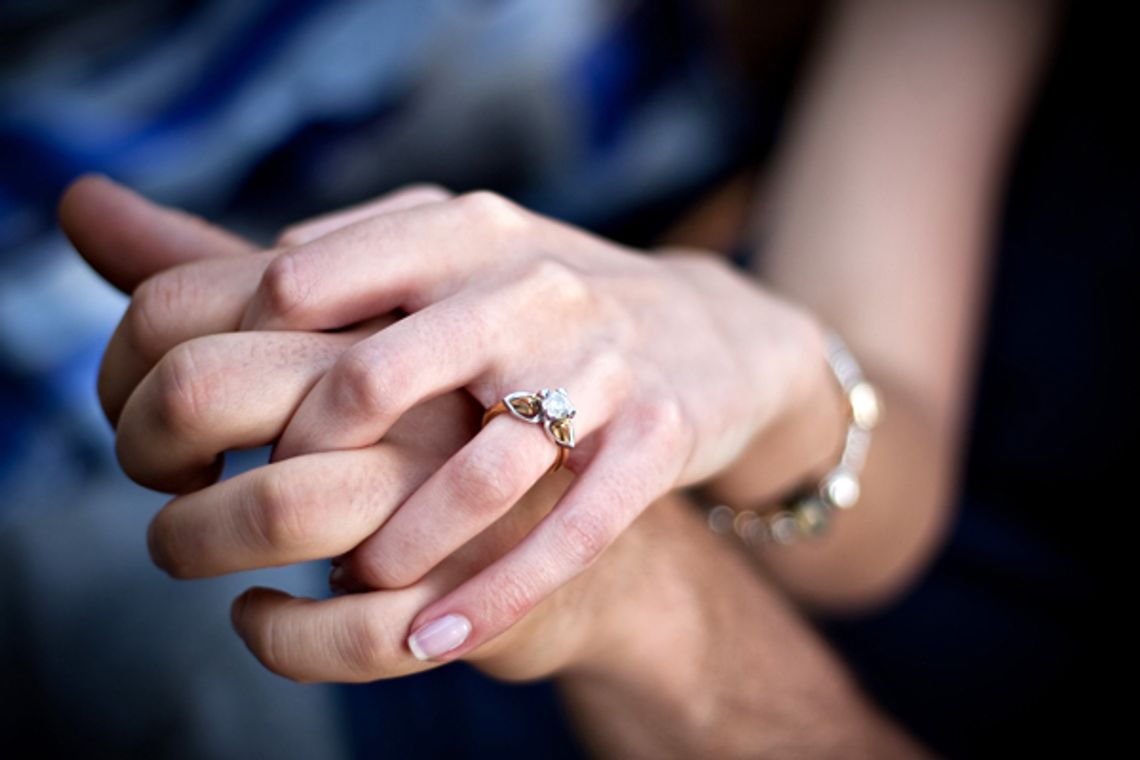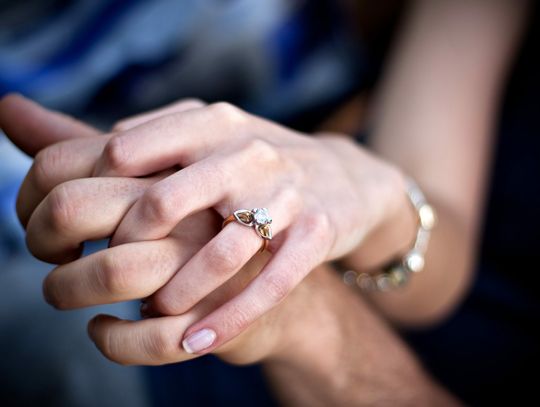Surprisingly, U.S. Divorce Rates Actually Decreased During COVID-19
- 01/21/2021 02:58 PM (update 08/09/2023 07:14 AM)

For many, marriage is considered to be a rite of passage. And while it's an expensive one, with the average wedding ceremony and reception budget coming out to $28,385, millions of couples still think it's worth having. Of course, that may not be surprising, as 88% of Americans say they marry for love.
But not every union is a happy one -- and lots of couples who vow to be by their spouse's side through thick and thin realize later that their "I dos" have transitioned into "I don'ts." In fact, 40% to 50% of marriages end in divorce throughout the U.S., by many counts. However, divorce rates have been on the decline over the last several years -- and though it may come as a surprise to many, that trend has actually continued during the COVID-19 pandemic.
At the start of our current health crisis, many experts predicted that we'd soon start to see a divorce wave throughout the nation. In other countries hit by the coronavirus, data showed that divorce filings spiked due to a number of factors, including job loss, lockdown orders, and other familial and social disruptions. As a result, U.S. attorneys braced for a similar trend here. And while some did find they received more inquiries about divorce proceedings, we're now seeing that the pandemic has strengthened (rather than weakened) many unions.
According to the new American Family Survey, 34% of married men and women between the ages of 18 and 55 reported that the COVID-19 pandemic increased stress in their marriage. However, 58% of respondents said this health crisis made them appreciate their spouses more, with 51% saying their commitments have actually deepened during this time. A scant 8% reported that the pandemic had weakened their commitments to their spouses. Overall, the survey revealed that the percentage of married people who said their partnerships were in trouble decreased from 40% in 2019 to just 29% in 2020.
This survey data is backed up by an analysis from Bowling Green State University’s Center for Family and Demographic Research, which looked at divorce statistics from five different states in 2019 and 2020. Year-to-year divorce filings decreased in almost every state analyzed. In Florida, divorce rates dropped by 28%. In New Hampshire and Missouri, they fell by 36% and 21%, respectively.
Part of the reason for this is that fewer marriages are taking place. The U.S. had an estimated "shortfall" of around 339,917 marriages last year. With 2.2 million marriages taking place in the U.S. during 2019, it may be that couples are waiting longer to reduce the chance that they'll make the wrong choice with the wrong partner. It's worth noting that both marriages and divorces are expensive, so financial motivations could be keeping couples from tying (or untying) the knot. Following the Great Recession, U.S. divorce rates fell by more than 20%, so it's not a shock that our current economic and health crisis would show some of those same trends. And since the pandemic resulted in millions of wedding cancelations, it's no surprise that the divorce rate might continue its downward trajectory.
These ideas are echoed by analyses of U.S. Census data, which reveal that national divorce rates hit a record low in 2019. That data shows that for every 1,000 marriages that took place that year, just 14.9 ended in divorce. Fewer divorces correlate to longer marriages, as well, since the median duration of marriages in the U.S. increased to 19.8 years in 2019 (compared to 19 years in 2010). This is generally good news for married Americans, particularly those in higher income brackets and with more impressive educational backgrounds, as data shows that economically advantaged and college-educated individuals are more likely to marry and stay married than those who do not fall into those categories.
Overall, we're now seeing the bigger picture that the pandemic might play in our relationships. And while it's not all bad news, it doesn't necessarily mean that COVID-19 will automatically help your marriage survive -- especially if it was already on the rocks. But with fewer marriages taking place, it may be that the ones that do will be more likely to stick. And if you're lucky enough to enjoy financial stability and a college education, you may also be lucky in love.


Comment
Comments